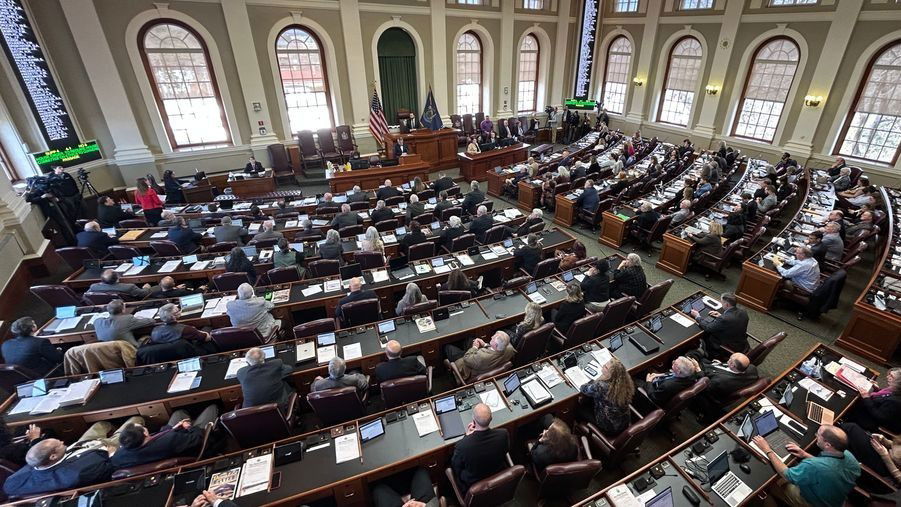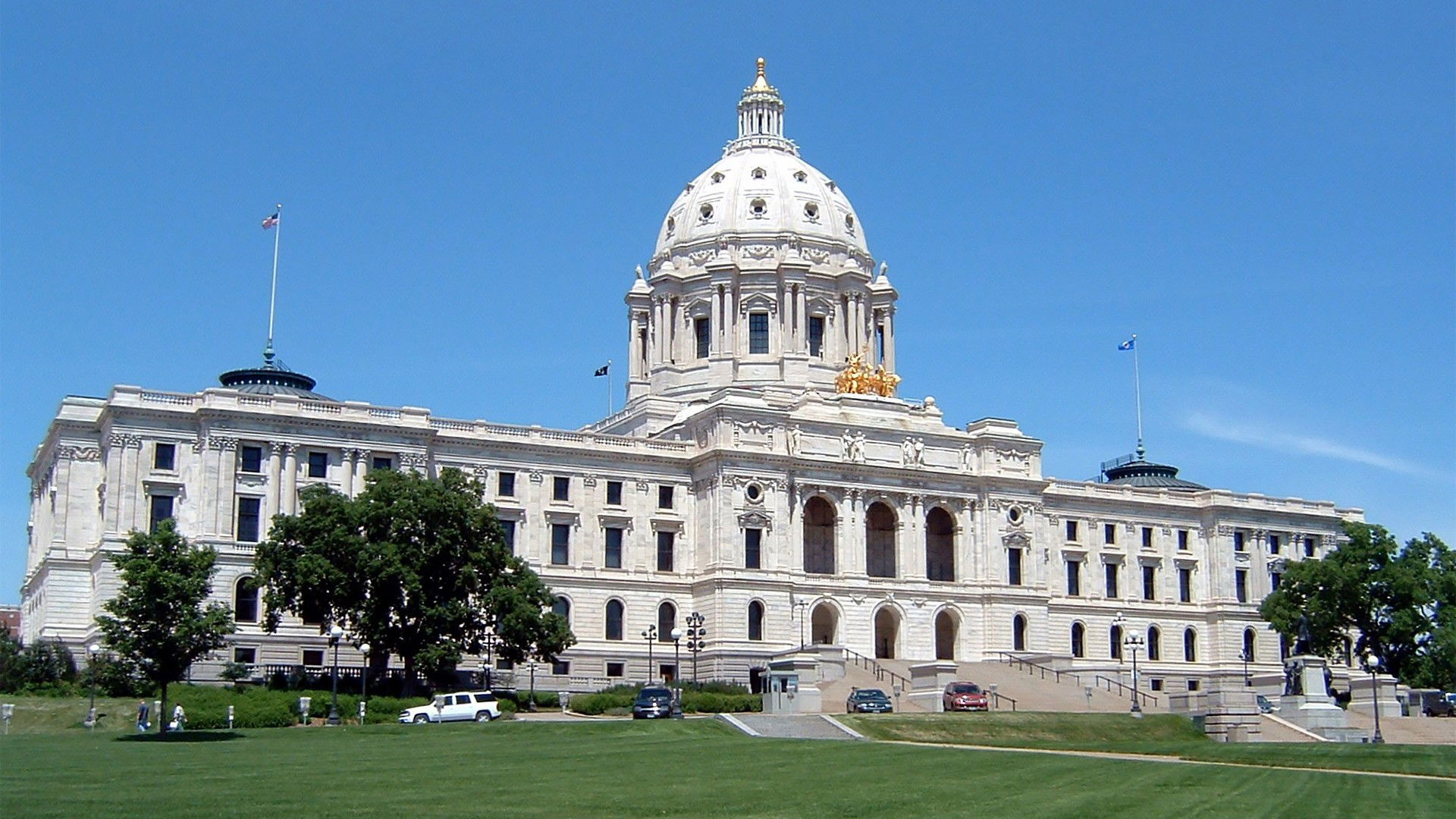Maine tribes seek online gaming expansion as casinos warn of market disruption

Maine’s federally recognized tribes are seeking legislative approval to expand their role in the state’s gaming industry by launching internet-based casino games, a move that is sparking a wider conversation around economic equity, regulation, and public health.
Lawmakers are considering a bill that would authorize tribal governments to operate online gambling platforms featuring games such as poker, roulette, and blackjack. The proposal, introduced as LD 1164, would direct a share of the revenue toward both tribal development and state programs. A vote by the Veterans and Legal Affairs Committee is expected in the coming weeks.
“Tribally owned and operated internet gaming represents an ideal opportunity to raise both tribal and state governmental revenue for the benefit of all Mainers,” Passamaquoddy Chief William Nicholas told the committee on Monday.
Under the bill, 16% of gross receipts from tribal-run internet gaming would be allocated to the state, funding areas such as addiction recovery services, veterans’ programs, and health initiatives. The remaining revenue would be used by the tribes to support infrastructure and other community needs.
Advocates argue the measure reflects a practical shift toward regulation in a space where many individuals already engage in unlicensed digital gambling. According to tribal representatives, internet gaming would build on existing arrangements that allow the tribes to offer online sports betting through partnerships with commercial platforms. In January, those agreements generated close to $700,000 in state revenue.
“For the Passamaquoddy Tribe and all the other Wabanaki communities, this is about fairness and the ability to participate in the industry that already benefits others across the country,” said Rep. Aaron Dana of the Passamaquoddy Tribe.
The proposal, however, has drawn resistance from commercial casinos and public health officials. Representatives from Oxford Casino and Hollywood Casino in Bangor say the bill would create an exclusive market for the tribes, bypassing voter input on what they describe as a major expansion of gambling access.
“Passage of this bill, to be clear, would constitute the greatest single expansion of gaming in our state’s history without the vote of the people of Maine,” said Chris Jackson, speaking on behalf of Hollywood Casino. “It would threaten facilities in Bangor and Oxford.”
In addition to industry concerns, the bill faces scrutiny from the Maine Center for Disease Control and Prevention. Dr. Puthiery Va, the agency’s director, urged lawmakers to delay further action until the long-term effects of legalized sports wagering are better understood.
“Electronics, including computers and cellphones, are also isolating and addictive devices, and for that reason, there are public health concerns about increasing access to gambling in such a manner that allows for play at all hours with opportunity for impulsive and problem gambling behavior,” she wrote in submitted testimony.
Rep. Ambureen Rana, D-Bangor, who is sponsoring the bill, stated that Maine’s tribal communities face unique legal limitations due to a decades-old settlement act that distinguishes them from other tribal nations in the U.S. Rana described the proposal as a response to an ongoing economic crisis rooted in those restrictions.
“Because the Wabanaki Nations have not enjoyed anywhere near the level of economic growth as that of other tribes in this country, they face an ongoing economic crisis,” she said.














































